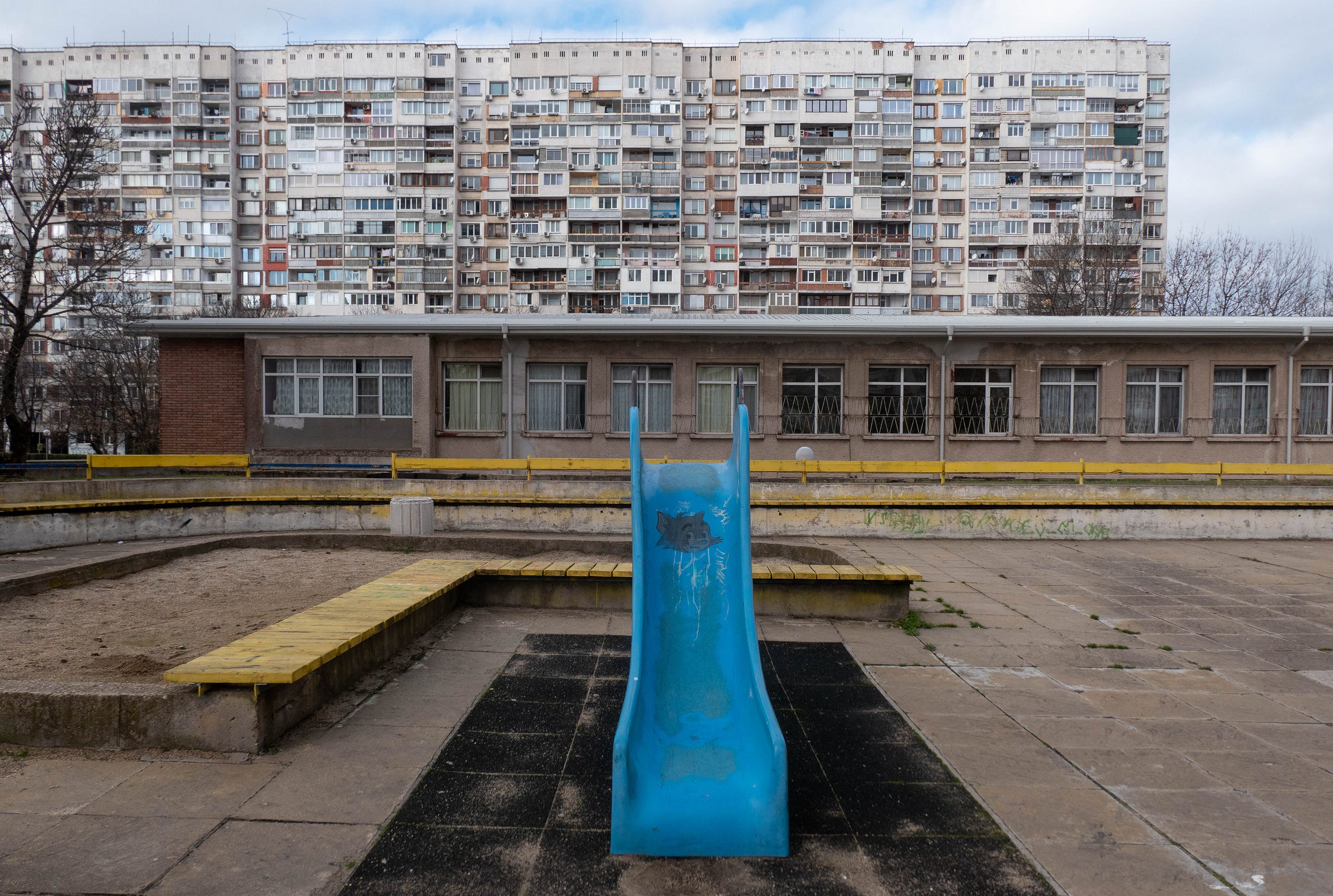Walking Sofia (Bulgaria)
An underappreciated insecure city
I was at my downtown Sofia apartment less than an hour after landing — five minutes on the tarmac, five getting to border control, five getting through it, and then thirty minutes on a Metro that’s easy, clean, and fast.
Another hour later I was in a Irish themed pub trying to order the local Bulgarian beer, to which the waitress responded, “You should get something different. It’s not good. Nobody likes.” I ordered it anyways, and I liked it, and when I told her that, she shrugged, screwed up her face, and mentally tagged me as another clueless foreigner.
I dismissed it as an one time funny quirk, but a blunt insecurity kept running through all my conversations. Sometimes it was wrapped in longer historical essays, “We Bulgarians do nothing right. We can’t even do a revolution right. The Romanians, they killed Ceaușescu. What did we do? We let Todor Zhivkov walk way, and for him and his family to stay powerful and rich, even to this day!”
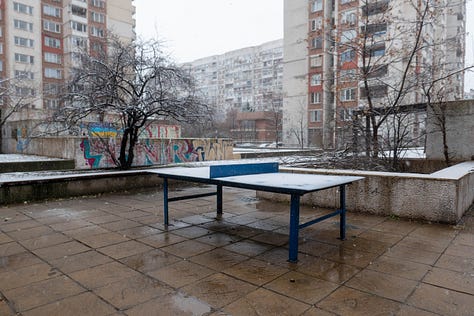
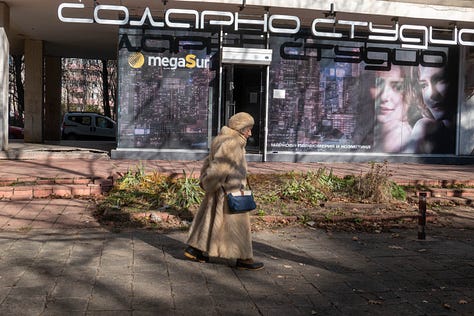
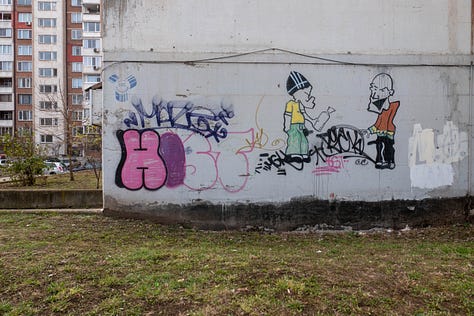
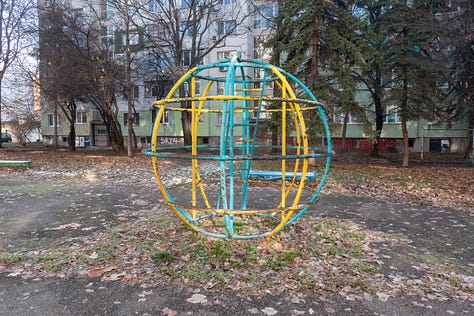
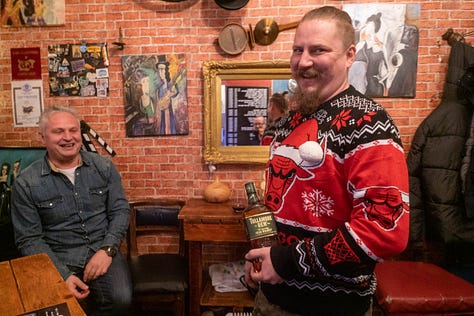
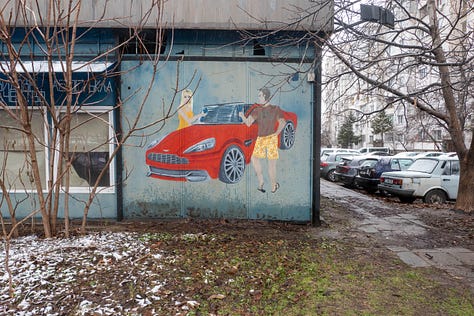


Other times it came as apologies, like the cafe owner, excited to host an American, greeting me with a, “Welcome to Bulgaria. I’m sorry we are so poor.” This theme, of apologizing for almost everything about Bulgaria continued over the next week, even though I made it clear I was having a great time, both in his cafe and in Sofia.
Then there were the three twenty five-ish year old men, each fluent in English thanks to Cartoon Network and gaming, who ended a five-minute listing of Bulgarian mistakes and failures to me, with “Nobody know us. Bulgaria means nothing to the rest of the world.”
In every other country I get overwhelmed with solicited and unsolicited advice — eat this local dish, go to this park, visit this museum, read this local novel, listen to this artist — but in Sofia getting any advice, other than “Visit Plovdiv,” feels like pulling teeth, and even then, it comes with low-ball expectations.
That seeming embarrassment includes their food. The overwhelming number of restaurants, from the faux-fancy places that line the pedestrian malls of downtown, to the family restaurants in the burbs of Soviet-era housing complexes, serve generic European food — pizzas, pastas, steaks — with the few Bulgarian contributions confined to maybe a Shopska salad and/or a tripe soup.
The largest and most visible of the these is the Bulgarian founded chain, “Happy!” Its logo welcomes you to the Sofia airport. The franchises, packed sprawling affairs, scattered across all of Sofia, are currently serving up a Latin-themed sushi menu while proudly proclaiming themselves, “Best restaurant in London, 2023!” Come on Happy, be proud of your roots.
All this self loathing and insecurity is confusing because Sofia is a perfectly wonderful city, and Bulgarian food, when you can find it, is worth highlighting and celebrating.
Since the Bulgarians are seemingly loath to make their own case, I guess I’ll have to. So here are my pro-Sofia talking points, served up lawyer style.


